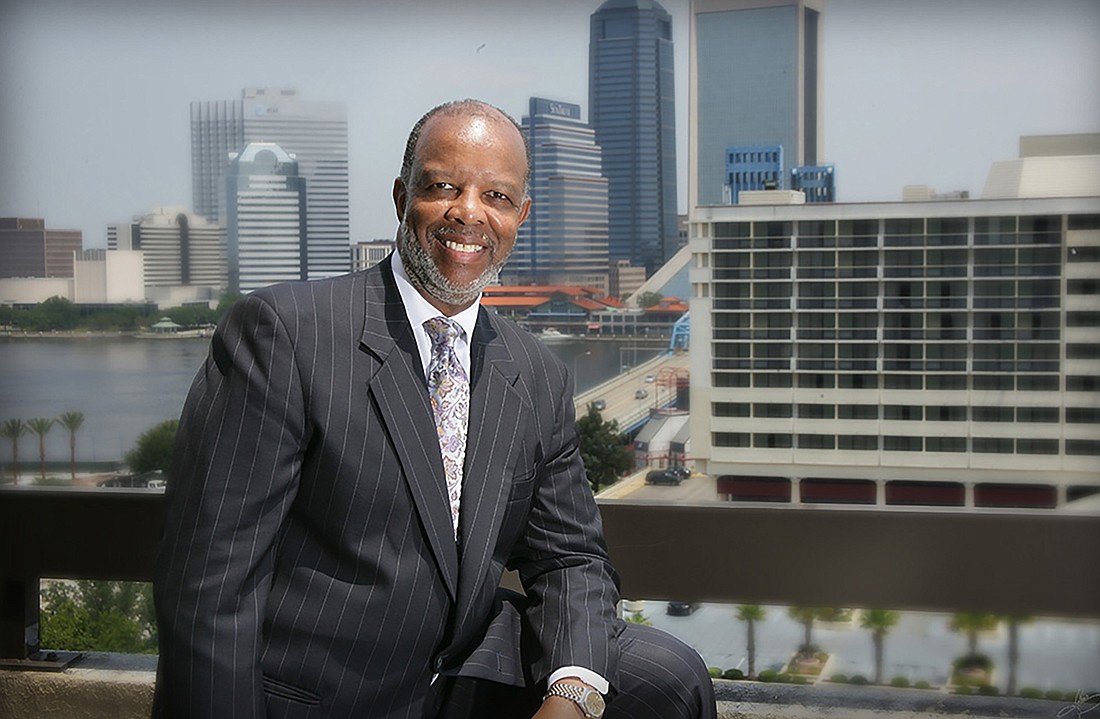
Craig Gibbs is chair of the Downtown Investment Authority, the group that’s negotiating the development agreements for The Ford on Bay and Lot J projects.
What inspired you to be a lawyer? America was a lot different when I began my undergraduate studies at Case Western Reserve University in 1969. Thankfully, great strides had been won by the leaders of the civil rights movement in the areas of education, housing, employment, public accommodation and voting. These rights were often gained by lawyers who sought a better, more fair, more egalitarian existence for us all. It was our honorable, pioneering brethren in the law, who are too numerous to mention, who with a paucity of resources but with an ennobling spirit, helped set this nation on a more just course seeking liberty and justice for all. Secondarily, they put me on a path to study the law.
How does your undergraduate degree relate to your law practice? My undergraduate degree was in political science and sociology. In those studies, I gleaned the importance of each of us having a voice in our various representative forms of government. While serving as chair of The Florida Bar Trial Lawyers Section, I brought the idea in 2012 to our executive council of having an annual Teachers’ Law School. Our goal was to give civics teachers a broader and more in-depth understanding of our branches of government. We are now in our ninth year of offering that program, which has been well received by teachers statewide.
What has changed most since you began practicing law? I have found, sadly, that over the years those who have gained the most notoriety in our noble profession have been those whose end-games are not what they once were. Terms like altruism, selflessness and the public good once were the gravamen or polestar of our practices; replaced of late by the currency of those only seeking what’s best for “me, myself and I.”
What do you predict will be the next substantial change? Artificial intelligence is creeping into our daily lives, including into the personal injury practice of law. Computers, downloaded with the published decisions of each court, tribunal or agency of this country since the beginning of American jurisprudence, are drafting appeal briefs. Brain-mapping is gaining traction each day as the imaging, analysis and interpretive techniques become more refined in neuroscience. Imagine selecting a jury and possessing, in advance, their brain-mapped beliefs on various subjects, topics or ideas. It sounds almost “Jetsons-like.” But, as they say, the future is coming.
What would you change related to practicing law? Back in the day, personal injury lawyers frequently had to market themselves by being members of society’s small organizations and network themselves to the public. Society appreciated the attorney in the room at the PTA, neighborhood, citizen or community organization for their listening, their analysis and serving as the “voice of reason” after some knock-down, drag-out fight on a contentious issue. That lawyer would earn the respect of that group, such that the members may remark that “I hate all lawyers, but our (neighborhood) lawyer at the meeting last night really saved the day!” With the advent of lawyer advertising and an influx of money into that advertising, our profession may accordingly be less social, attend fewer neighborhood meetings and participate in fewer societal engagements.
What's your advice for newly-licensed attorneys? It’s not only important as to who you know but it’s equally important as to who knows you. Get involved in Bar and community activities. Grab a mentor and pick their brain for as much wisdom as they may offer, because none of us has all of the answers and our profession is still called a practice, not a science.